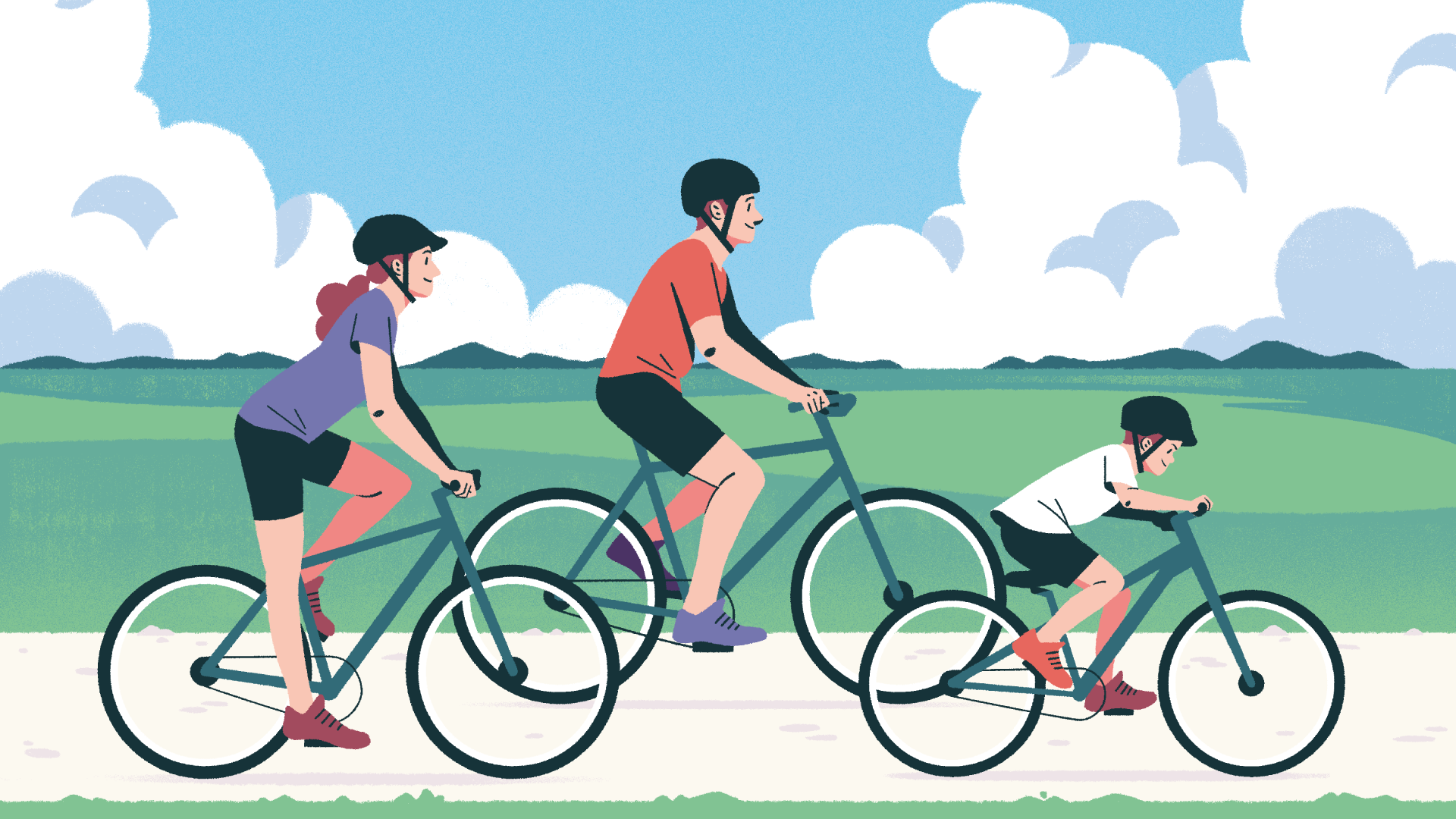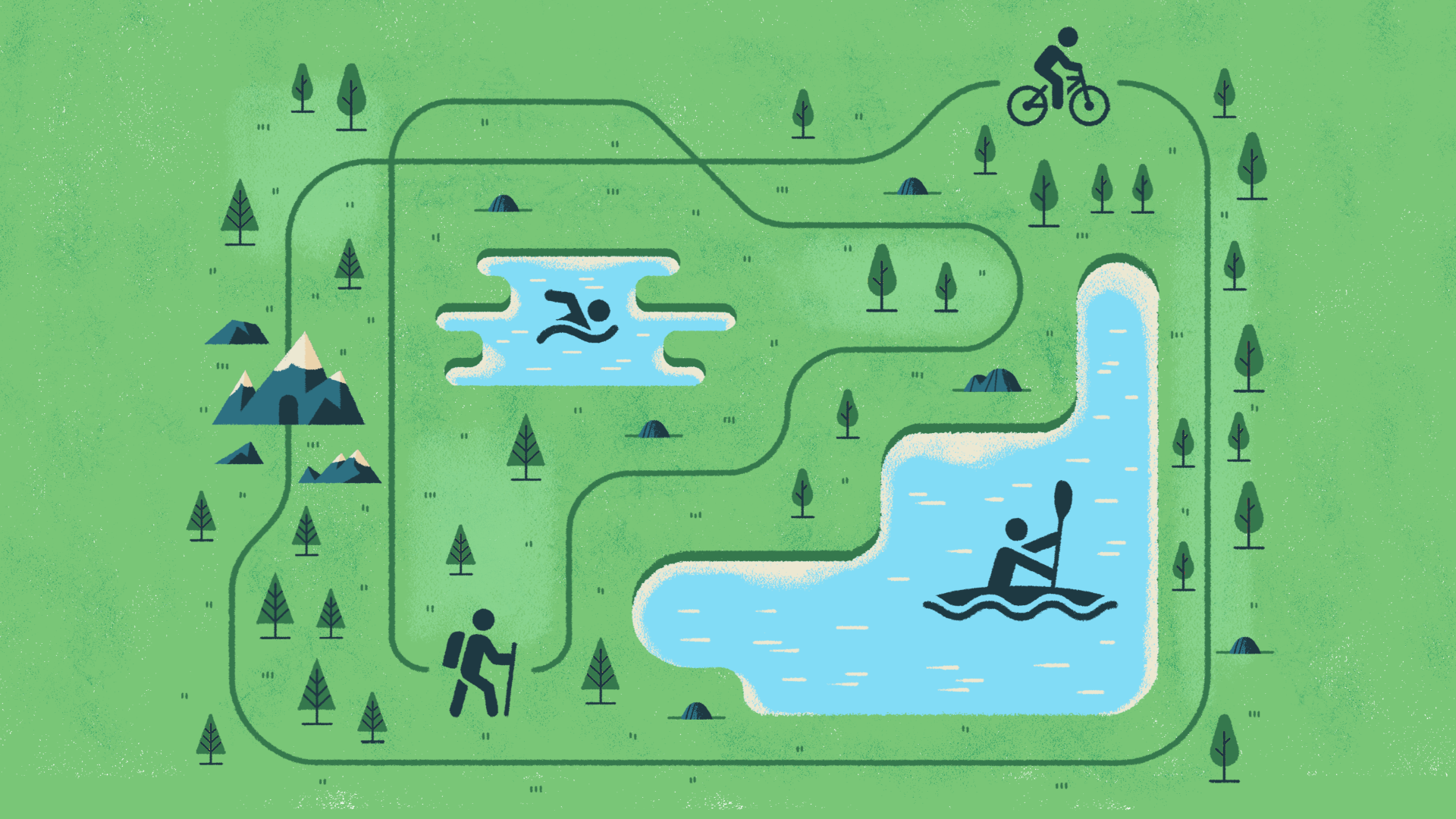Gardening Can Help You Live Longer and Happier

Okinawa, Japan has one of the highest concentrations of centenarians—people who live to over one hundred years old—in the world. After studying this population, researchers found that, along with following a predominately plant-based diet and maintaining a strong sense of purpose and community, one of the most important factors that contributed to their longevity was… gardening.
But can gardening really be the one of the secrets to a long, healthy, happy life?
For older adults, gardening provides a meaningful source of daily physical activity, so much so that the American Heart Association categorizes it as a good source of moderate exercise. Squatting, bending, pulling, watering, weeding, digging, and mowing can help keep the muscles and joints active and engaged, while helping improve strength, flexibility, and coordination. A study from the University of Arkansas found that the low-impact movements associated with gardening helped women aged 50 and older improve their bone density and reduce their risk of osteoporosis.
And while gardening is far from an aerobic workout, it can help burn calories and lower body mass. Research from the University of Utah showed that people who participated in community gardening had lower odds of being overweight or obese. You can even make gardening more of a workout by increasing your range of motion or incorporating some anywhere-exercises like the lunge and weed or the planter’s squat into your planting routine.
But the benefits go beyond physical health.
Tending to plants can ease stress and support emotional well-being. Research shows that gardening reduces anxiety, boosts mood, and can even help lower levels of the stress hormone cortisol. Being outdoors, breathing fresh air, and caring for living things can offer a profound sense of peace and purpose—especially important as we age.
There’s also growing evidence that time in the garden supports better sleep. Light physical activity, natural daylight exposure, and a calming routine all help regulate your sleep-wake cycle. And when your hands touch soil, you’re not just planting vegetables—you’re also engaging with microbes that may improve immune function and reduce inflammation.
This Monday, move it into the garden.
Start small with a few potted herbs or flowers on your balcony or windowsill. Join a community garden. Or simply spend time outdoors caring for what’s already growing around you. Every seed you plant is a step toward a longer, healthier, more vibrant life.


